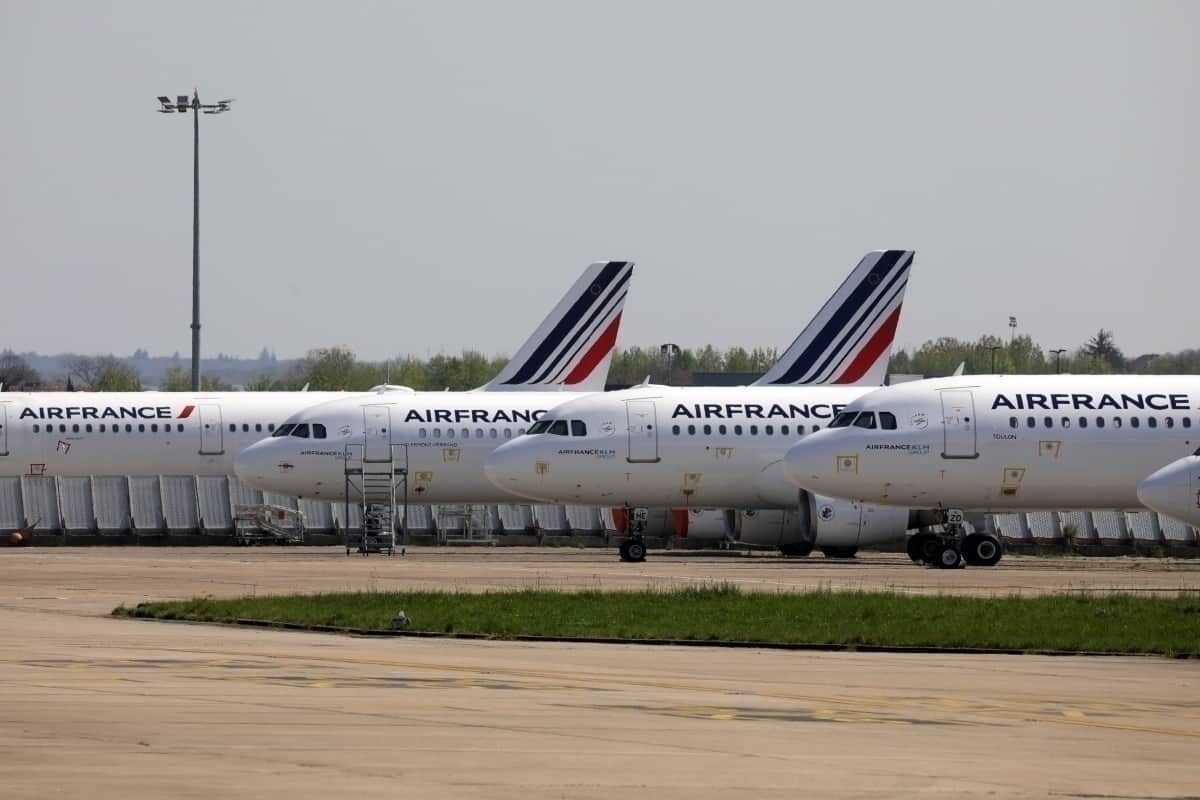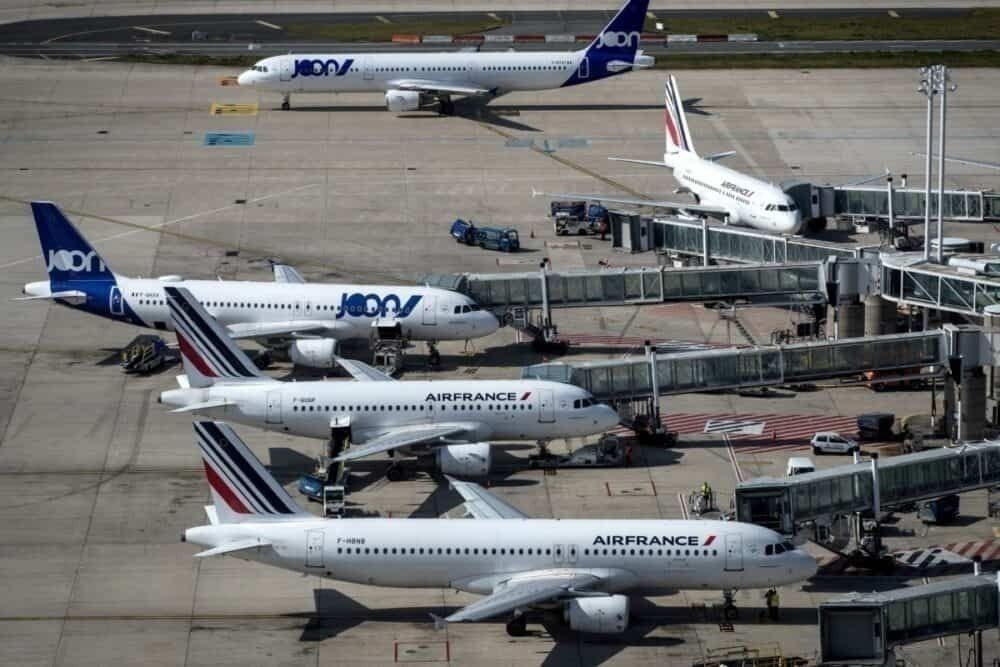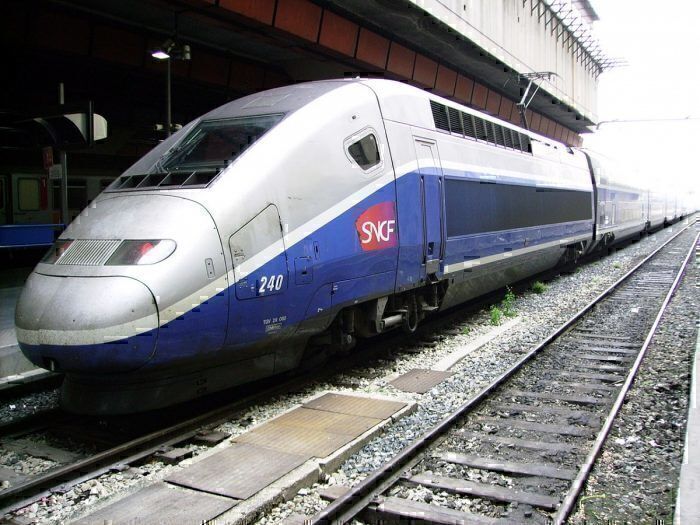Last year we wrote about a new "eco-contribution" tax on flights that depart France. The additional charge, introduced in 2020, starts at €1.50 for domestic and European flights in economy. The cost goes up to €18 for a long-haul business flight. Now, a French panel is considering upping this fee - and it's proposing a pretty sharp increase.
A 1900% increase in taxes
It's still in the exploratory phase, but a French panel is looking at various options to combat climate change. Part of this effort could be increased taxation on numerous forms of transportation.
Here are the details, according to French publication La Tribune:
- The current (and relatively new) €1.50 fee for a flight of less than 2,000km in economy, would be bumped up to €30.
- The fee would go up to €180 in business class, where it currently sits at €9.
- For a long-haul (more than 2,000km) economy class flight, the fee goes up to €60, where it is now €3.
- A long-haul business class flight would jump from €18 up to an astounding €400.
- The wealthiest in society would not be able to avoid taxes by flying their own jets. The proposed tax for a long-haul private flight is €2,400.
In short, taxes would increase by at least 1900% - something that would undoubtedly alarm executives at Air France - as well as any airline operating service to the country.
*At the time of writing, €1 is equivalent to US$1.18.
A €4.2 billion cost to French aviation
Media 7 reports that France's civil aviation regulator is chiming in. The Direction Générale de l'Aviation Civile (DGAC) says that the proposed revised tax would amount to a cost of €4.2 billion ($4.98 billion) for French air transport.
"If these proposals are followed up, it is the announced death of several airlines and airports in France, which are already suffering the most violent shock in their history...We will see massive air connections shutdowns, with serious consequences for tourism and the economy of the territories.” -Thomas Juin, President of the Union of French Airports via Les Echos (translated from French)
For the National Federation of Merchant Aviation (FNAM), the proposal is difficult to consider. This is what the group had to say when commenting on the situation:
“The whole industry is worried...[we are] giving the impression that it is the plane that pollutes the most. Today, we are doing everything to prevent people from traveling." -FNAM via Media 7
Is this too much?
The Air Transport Action Group notes that aviation represents around 2% of global human-caused CO2 emissions. For France, just 1.4% of national CO2 emissions come from domestic air transportation.
This issue could be seen from the other end as merely correcting a pricing model that has been inaccurate from the beginning. Beyond aviation, many products and services are priced inaccurately and fail to take into account environmental impact or health costs. These externalities are often burdens passed on to those who are not direct beneficiaries.
Something must be done about climate change - but heavily taxing French aviation may not be the most effective solution. Air France has already been making moves to become more sustainable.
Of course, even if this is the case, new and/or increased taxes are never popular and rarely easily accepted by the public. France has already experienced its share of civil unrest in the form of the yellow vest movement. It's unknown how well received this massive tax increase would be among French citizens, many of whom are already struggling with finances due to the massive economic downturn.
La Tribune notes that a bill regarding this matter must be tabled by the end of September, and the text that will be voted on at the end of the parliamentary debate will apply from 2021.
Is this tax increase too much - especially at a time like this? Will it even pass? Let us know your thoughts in the comments.



